For the first time since 1900 Olympics held in Paris, Cricket as a sports discipline will return to the Olympics in 2028 in Los Angeles. Alongside baseball-softball, flag football, lacrosse and squash, cricket was one of the five additional sports proposed by the LA28 Organizing Committee for inclusion at the 2028 Olympic Games in Los Angeles. Cricket’s entry to LA28 was formalized by the International Olympic Committee (IOC) at the 141st IOC Session in Mumbai on 16th October 2023.
William Glenwright, Head of Global Development, ICC welcomes the moves and outlines the opportunities and expectations from what this move can unlock for the growth of the sport in Emerging and New territories.
1. Access to funding for Members
Olympic Solidarity is a USD590million behemoth and a jewel in the IOC’s crown. Olympic Solidarity provides financial and technical assistance to National Olympic Committees (NOCs) to assist in preparing for participation in Olympic Games. It comprises a suite of 20 World Programs (as well as additional Continental Programs) which include: scholarships for athletes & coaches; programs for Youth Development and technical courses for coaches.
Governments also invest more in Olympic Sports. In Italy, for example, recognition of cricket as a permanent Olympic Sport could see an increase in government funding to the National Governing Body (FCRI) from EUR100,000 per year to EUR700-800,000.
2. Increased awareness in new markets
World Rugby released a fascinating report after the Tokyo 2020 Olympics that measured the impact of rugby’s inclusion in the Games. Amongst the many findings, arguably the most telling is that in emerging rugby nations (Brazil, China, USA, India & Germany) 54 per cent of the general population agreed that Olympic competition has increased their interest in the sport.
3. Access to expertise
Being an Olympic Sport can provide access to technical expertise, particularly in the realm of High Performance. For example, in countries that operate centralized & nationally funded high performance programs (such as National Institutes of Sport), athletes of Olympic Sports can be offered scholarships to train full or part time in those Institutes. E.G, on account of being an Asian Games/Olympic Sport, together with their performances over the past two years, 16 of the Hong Kong Women’s Team have contracts with the Hong Kong Sports Institute.
4. Improved governance
In many countries, National Governing Bodies of Olympic Sports are required to be affiliated to their NOC. That brings an additional level of assistance with, and oversight of, governance and administrative structures. As well as having access to the capability building programs within the Olympic Solidarity program, it also requires members to comply with the membership criteria of their respective Olympic Committees – in addition to that of the ICC.
5. Access to schools
Many governments work towards a National Sports Plan which identify “Priority” sports that are determined by factors including cultural importance; history of success; and, yes, whether or not it is an Olympic Sport. It is the priority sports where governments prioritize their energy including, access to schools. Schools are always a target for sports looking to grow as it provides access to a readily assembled group of kids in a safe environment.

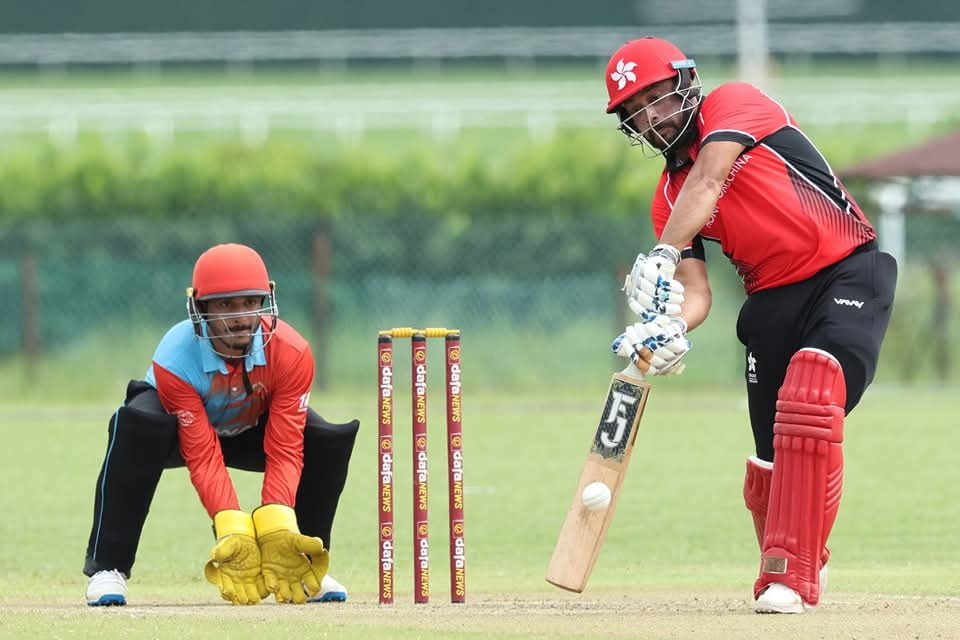
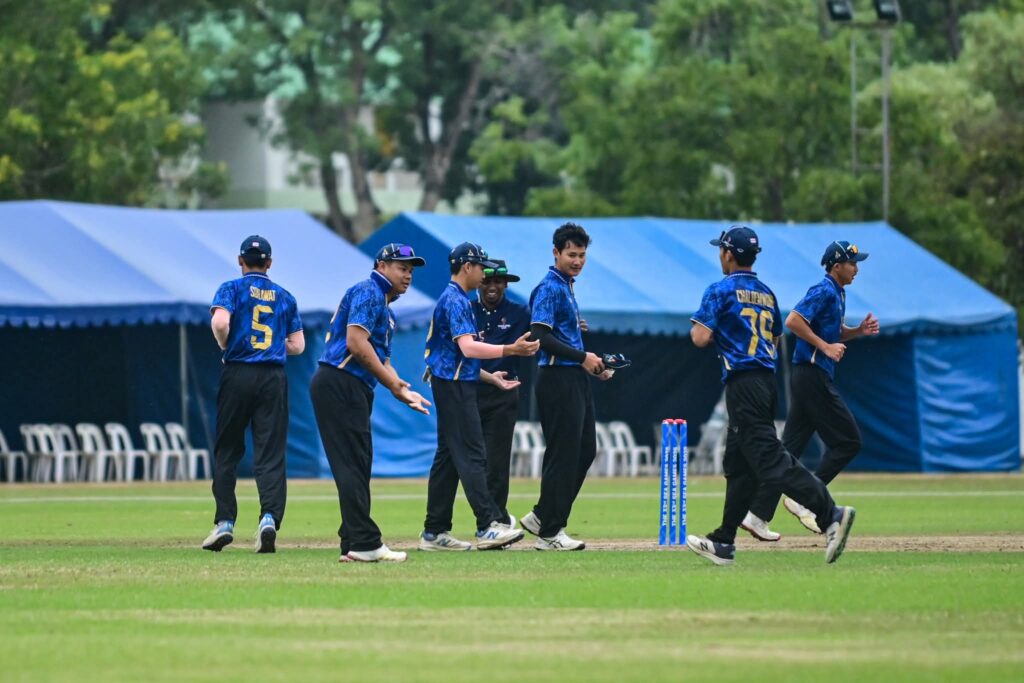
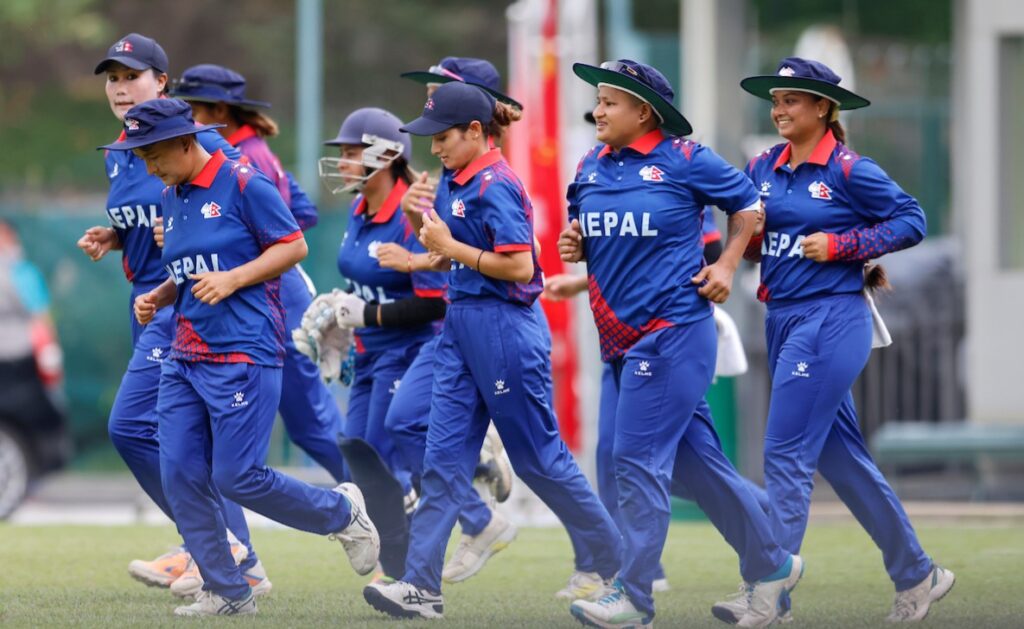
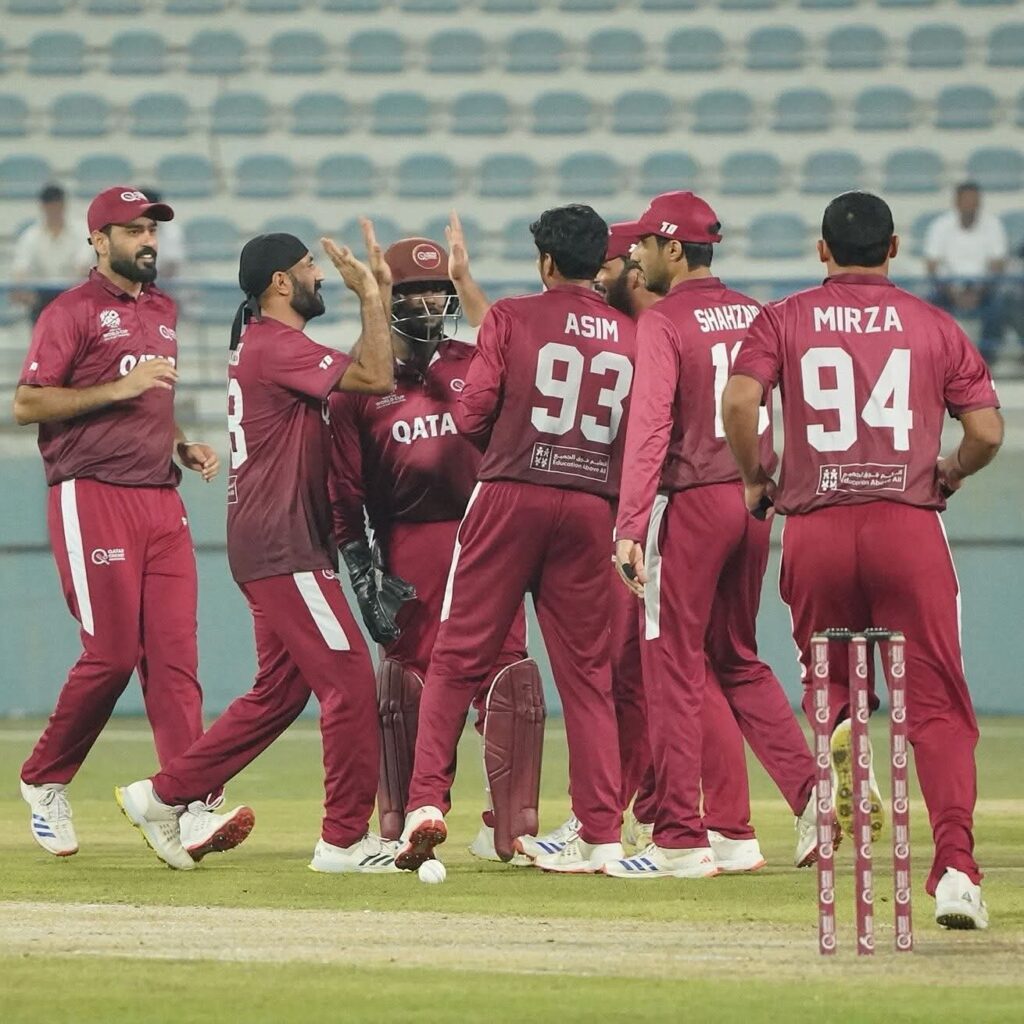
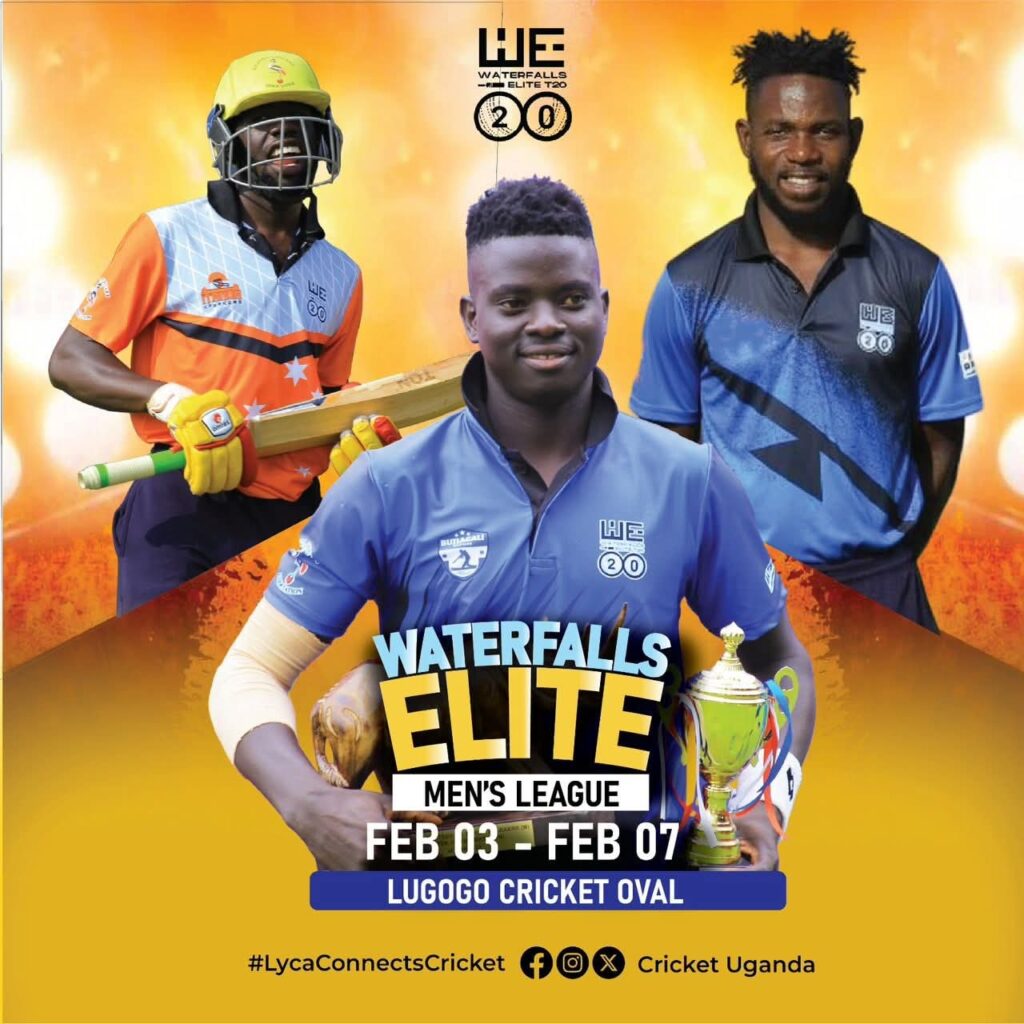

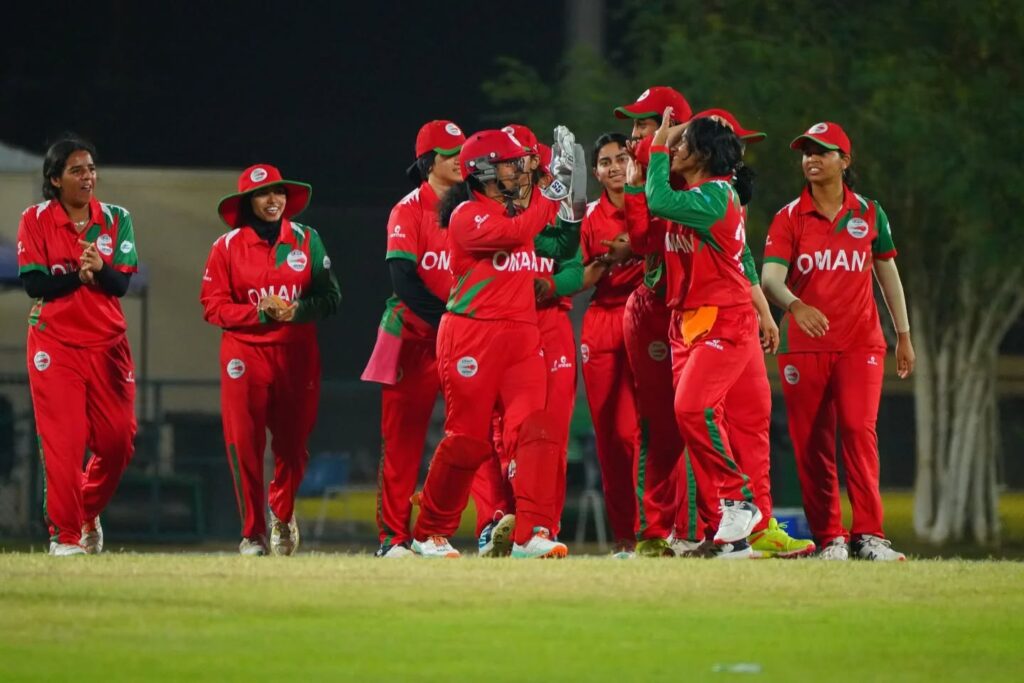
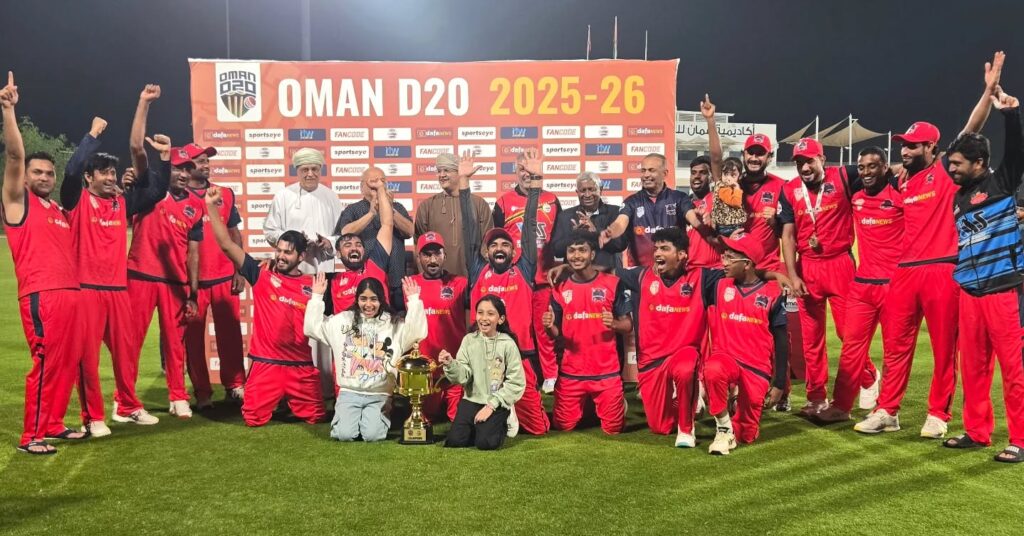
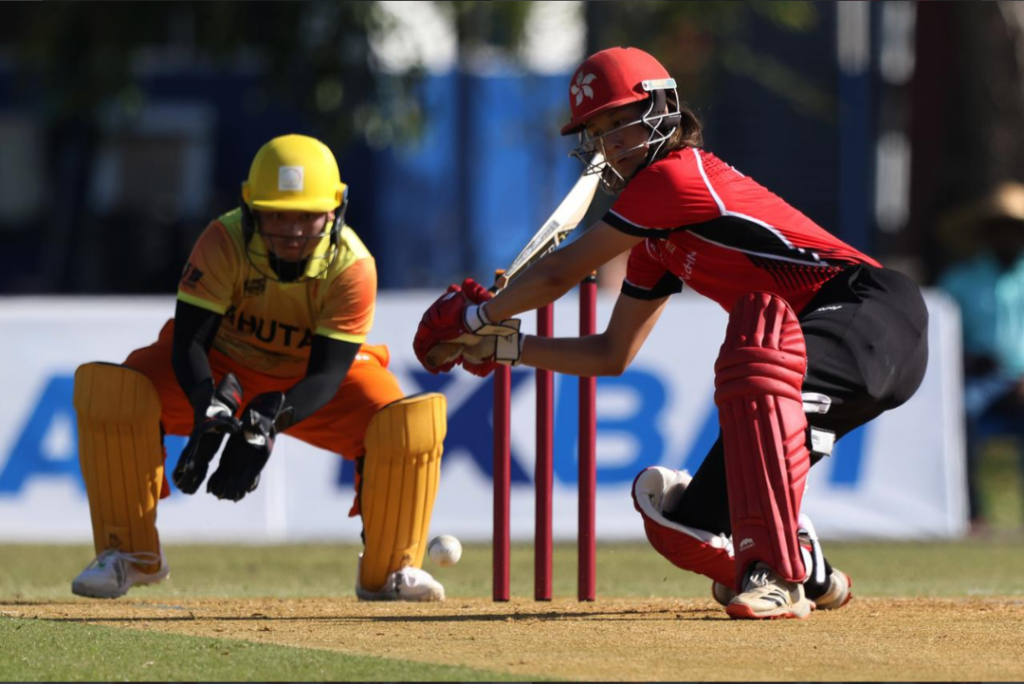
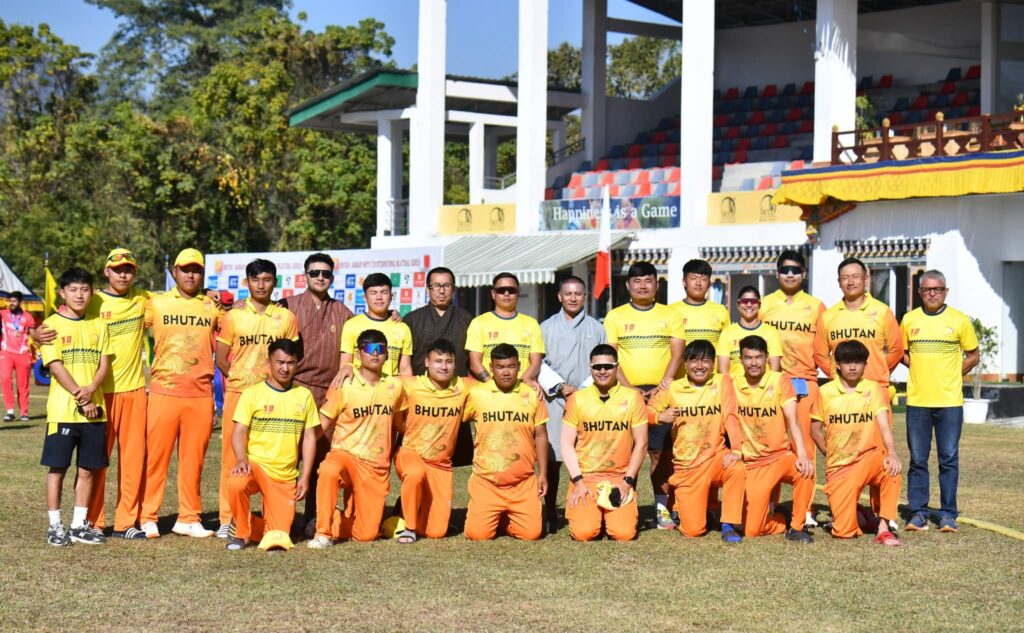
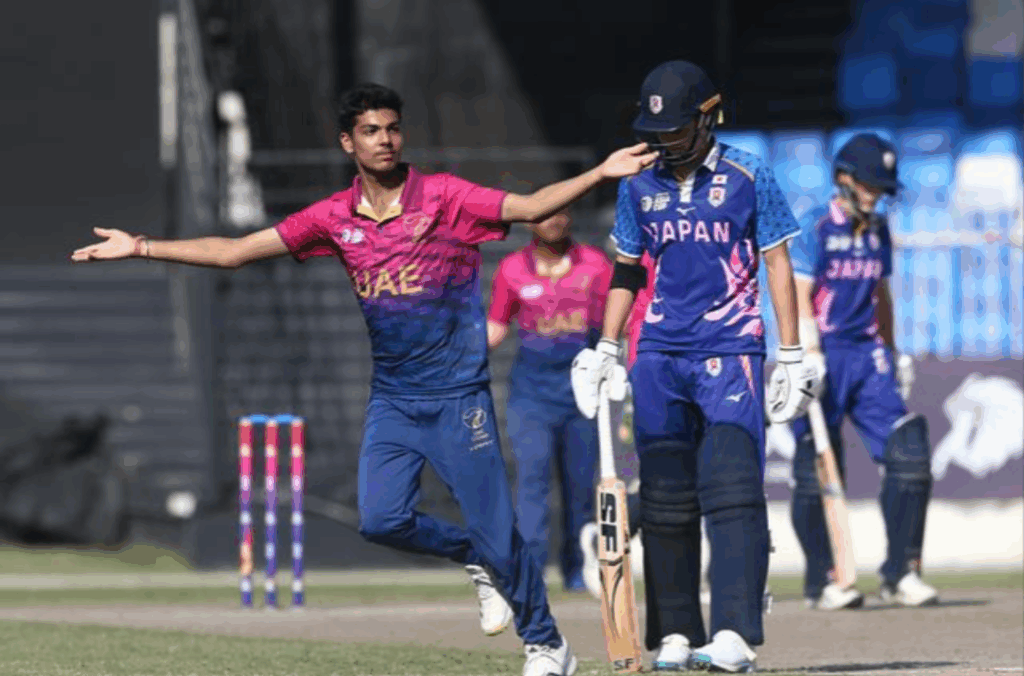
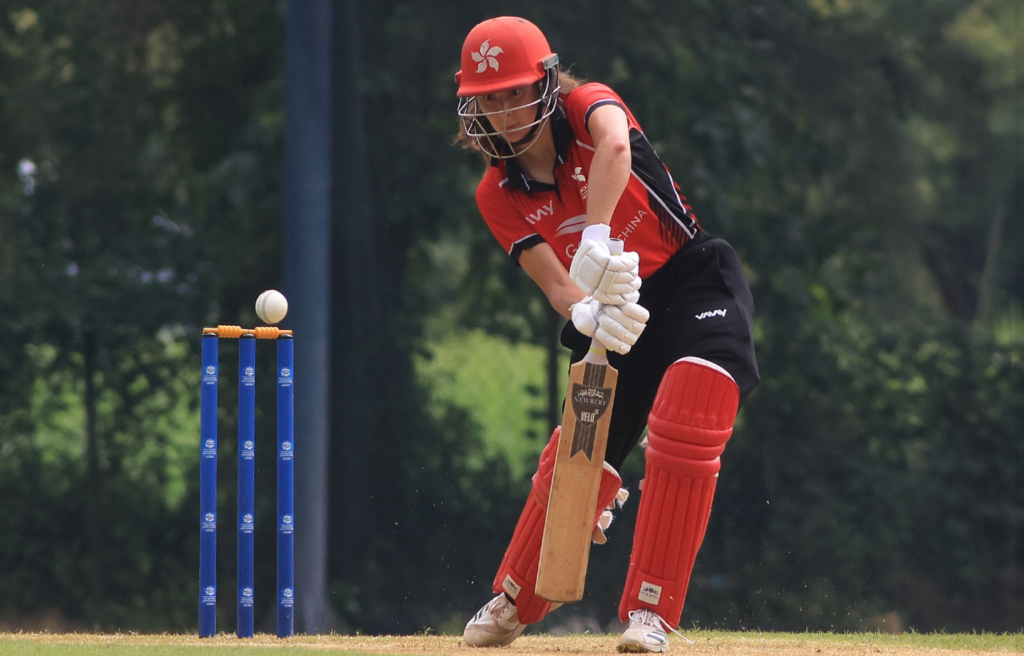
One thought on “What opportunities can Cricket’s inclusion in Olympics unlock?”
From when every teams will receive fund from government? And will cricket be professional sport in the country like Singapore, Malysia?
Comments are closed.